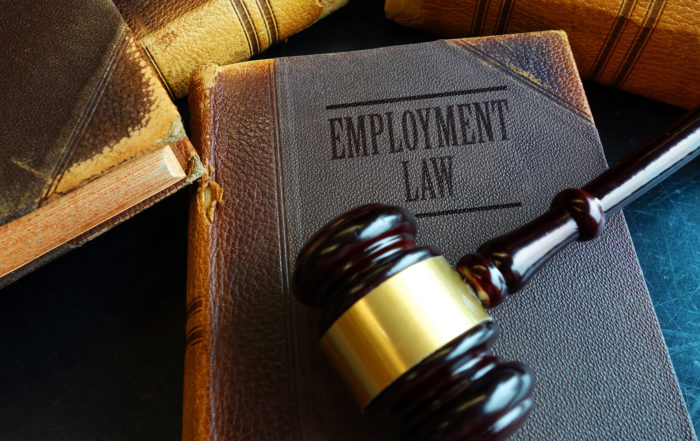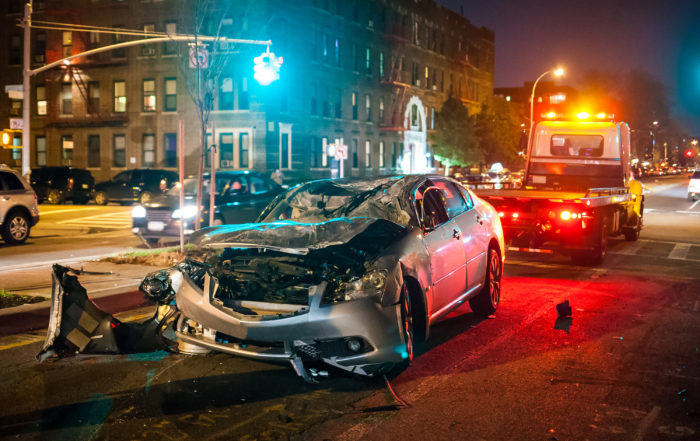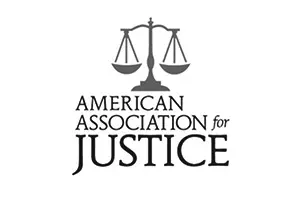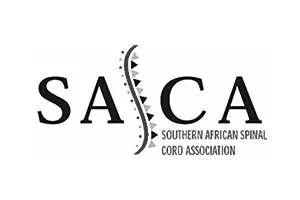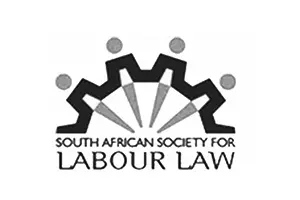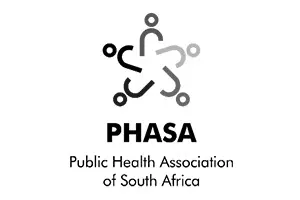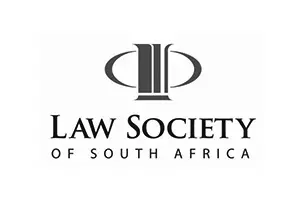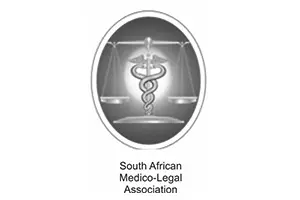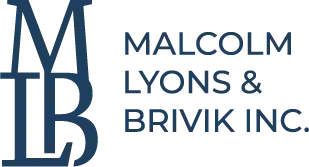Judge Rules against Tandem Paragliding
Sunday Argus
Sunday, 22 September 2013
Judge Rules against Tandem Paragliding
Fatima Schroeder
“Commercial Pilot’s Licence Required”
Cape Town’s lucrative extreme sports industry has been thrown into confusion, after a
Western Cape High Court judge declared on Friday that tandem paragliding “for commercial
gain” is unlawful, unless a commercial pilot’s licence is obtained.
The city has been described as a paragliding hot spot, with a single operator which launches from Lions Head and Signal Hill reporting taking up to 5000 people on flights every year.
The judgment by Judge Pat Gamble, was in a multi- million rand damages action instituted against the SA Civil Aviation Authority(CAA) and the South African Hang and Paragliding Association (SAHPA) after UK tourist Diane Berwick was paralysed in a paragliding crash in Hermanus
in 2004.
The crux of Berwick’s case was that tandem paragliding was unlawful at the time-and on Friday Judge Gamble agreed, but went further to say that “any service operated by means
of an aircraft for reward” was unlawful unless a licence, in terms of the Air Services Act, was obtained.
Arguments in court were that the Commissioner of Civil Aviation exempted commercial tandem paragliding operators from the provisions of the act, so that they did not need licences. But Berwick’s lawyers countered that the commissioner did not have the power to do so.
One operator Manu Wegmershau, who owns Cape Town Tandem Paragliding, which was not linked to the legal action, said his company had never experienced problems obtaining commercial licences, and that they kept up –to- date with developments and legal protocol.
He explained to Weekend Argus that each tandem pilot must have a minimum of five years’ flying experience and a perfect safety record.
“And it’s not enough to just be experienced, their character is very important too as there is no room for cowboys on the mountain,” he added. Other operators referred queries to SAHPA.
Anthony Allen, paragliding steering committee chairman, said they would comment only after they had examined the ruling.
Berwick, who claimed R20 million in damages, said in her papers that weather conditions at the time of her crash made it unsafe to fly.
She alleged that the CAA and SAHPA were obliged to reduce the risk, and should have been aware that paragliding instructor Robert De Villiers-Roux and the businesses were regularly conducting paragliding flights for commercial gain.
Judge Gamble said the Air Services Act showed that the requirements for the issue of applicable licences were “extensive and complex”.
The room for “an exception from the provisions of the Air Services Act is extremely limited, and will only be considered if the applicant for exemption wishes to operate an air service “on a non- profit basis for purposes incidental to social welfare, or for purposes of salvage on humanitarian grounds, or where the granting of the exception will assist in saving life.”
Tandem paragliding for reward, he said, clearly did not fall into those categories.
He commented that the SAHPA and the CAA, “now know what they have to do, and how they need to conduct their affairs…”
I have little doubt that, as responsible bodies, they will ensure that no further harm is caused to unsuspecting commercial paragliding passengers, “ Judge Gamble said.
He found the CAAand SAHPA liable for Berwick’s damages. The sum of damages has still to be determined.
Tzvi Brivik, for Berwick, said as things stood “tandem paragliding would be considered unlawful without a valid commercial pilots licence”.

The current position on objections to the con/arb process
Con/arb process - The Commission for Conciliation, Mediation[...]
Out of time? Think again – The CCMA and its rules
By Lara Keil (Candidate Legal Practitioner) under the[...]
RAF’s lodgement requirements: Claimants further prejudiced
By Lara Keil (Candidate Legal Practitioner) under[...]


